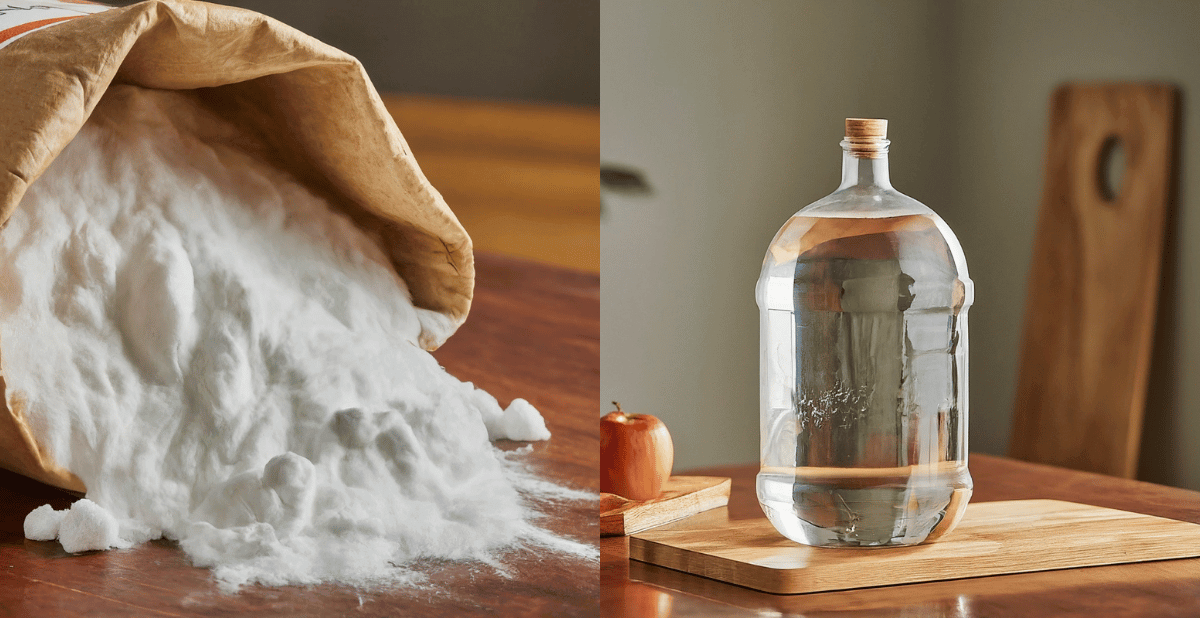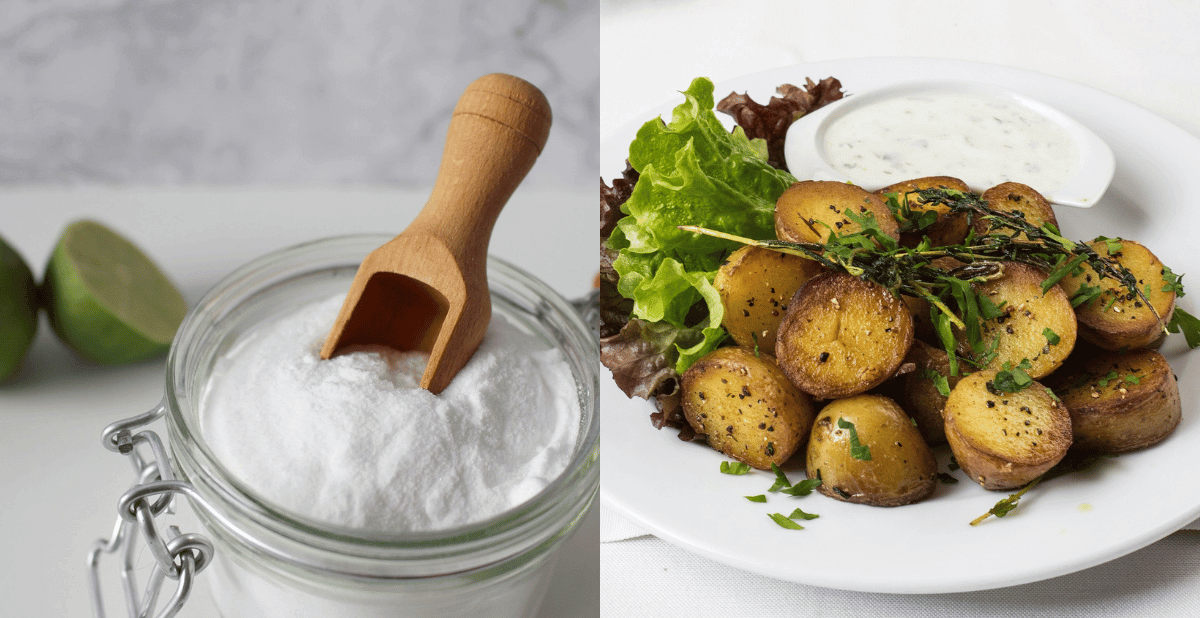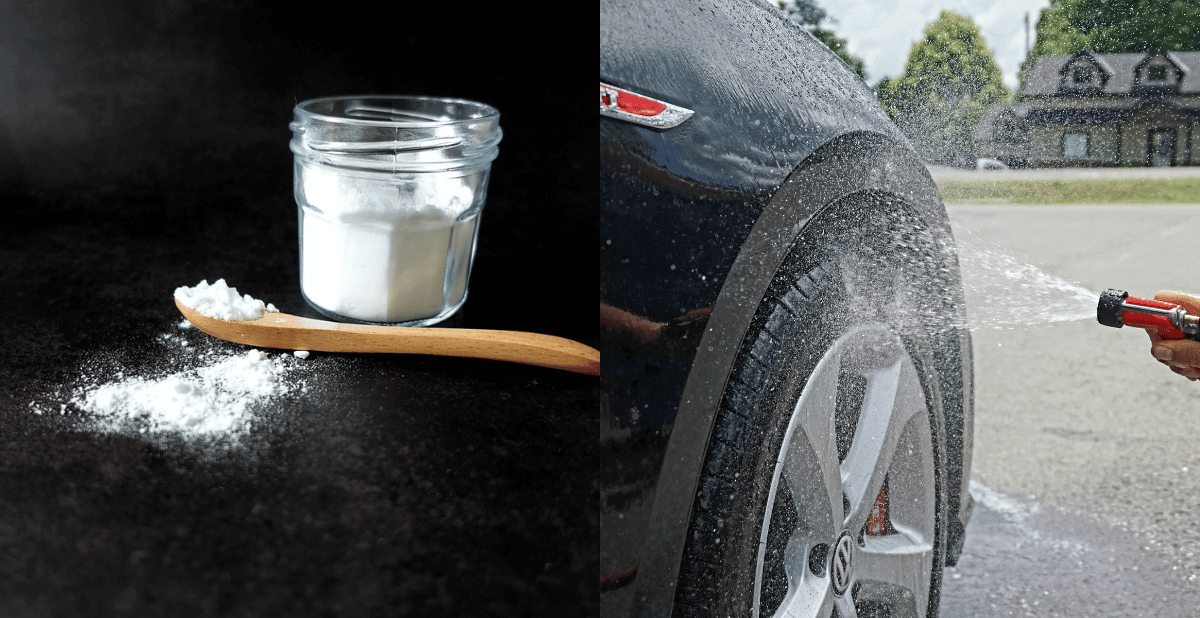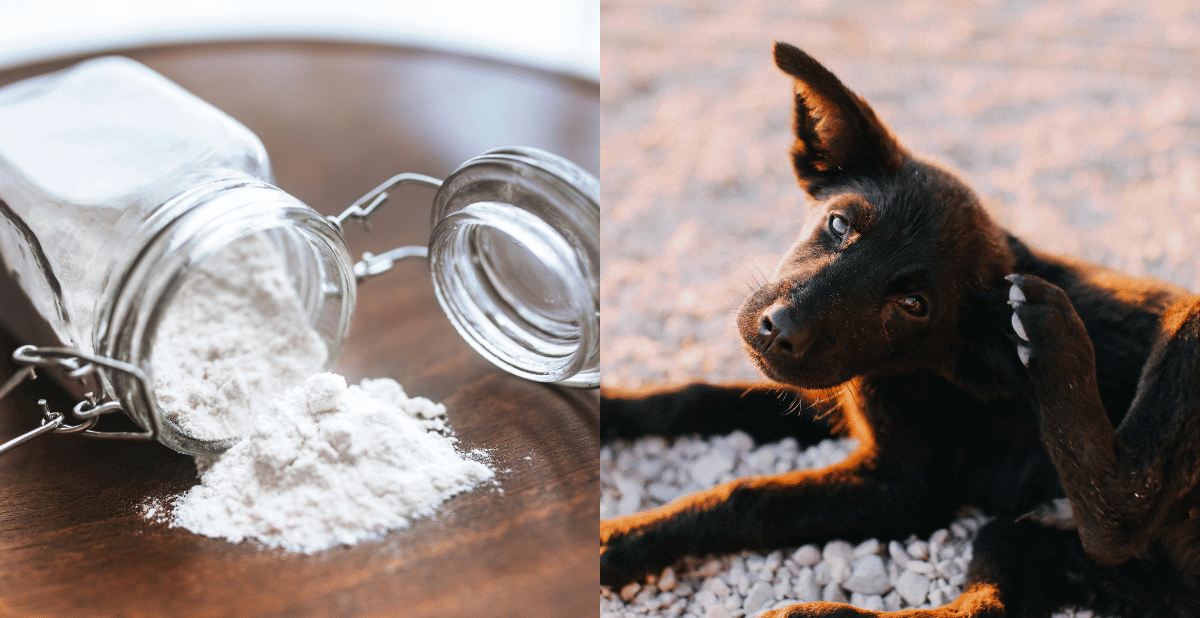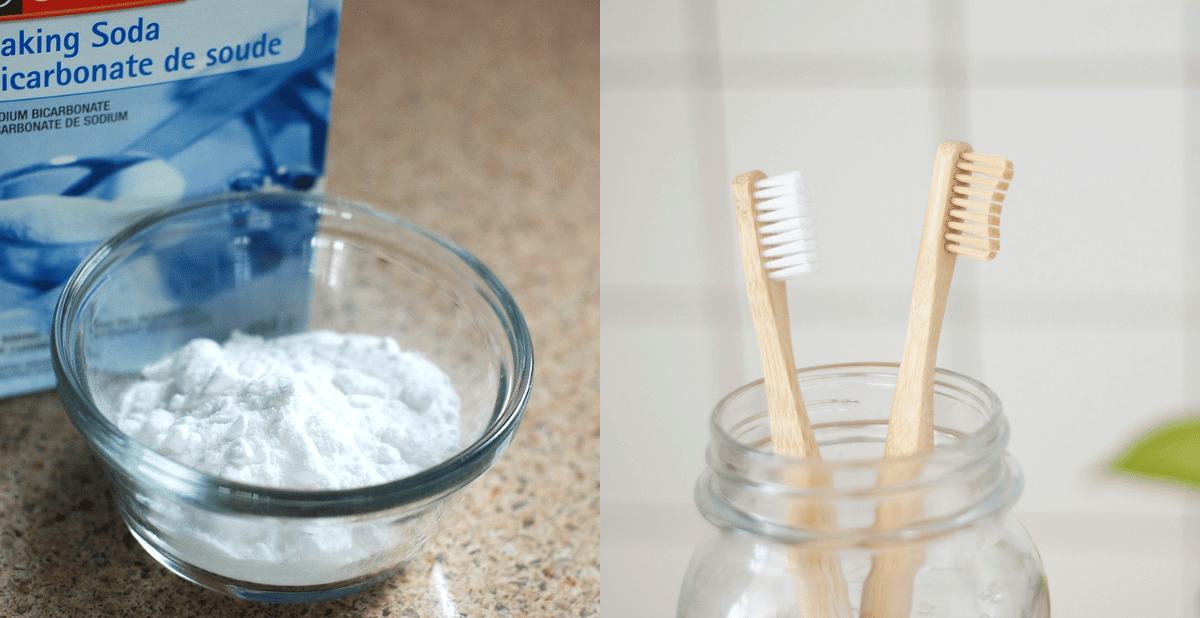When it comes to maintaining a septic system, homeowners often wonder is baking soda and vinegar safe for septic systems?
These natural cleaning agents are popular for their effectiveness and environmental friendliness, but are they safe for septic systems?
Let's explore the details to understand how baking soda and vinegar interact with septic tanks and whether they can be used without harm.
Key Takeaways:
- Baking soda and vinegar are generally safe for septic systems when used in small quantities.
- These natural cleaners can help maintain the pH balance and promote the growth of beneficial bacteria.
- Avoid excessive use to prevent potential harm to your septic system.
The Role of Beneficial Bacteria in Septic Systems
Septic systems rely on beneficial bacteria to break down solid waste and keep the system functioning properly.
These bacteria are essential for the decomposition process, turning waste into liquid that can be safely absorbed by the drain field.
Maintaining a healthy balance of these bacteria is crucial for the proper functioning of your septic system.

Baking Soda: A Natural Cleaning Agent
Baking soda is a versatile and natural cleaning agent that can be used for various household cleaning purposes.
It is known for its ability to neutralize odors, remove stains, and clean surfaces without the use of harsh chemicals.
When used in small quantities, baking soda is generally safe for septic systems and can even help maintain the pH balance, promoting the growth of beneficial bacteria.
Vinegar: An Effective Cleaner
White vinegar is another natural cleaner that is often used in households for its disinfecting properties.
It can effectively clean surfaces, remove soap scum, and unclog drains.
Vinegar is also environmentally safe and does not contain harsh chemicals that can harm your septic system.
However, it is important to use vinegar in moderation to avoid disrupting the balance of good bacteria in your septic tank.
The Chemical Reaction Between Baking Soda and Vinegar
When baking soda and vinegar are mixed, they create a chemical reaction that produces carbon dioxide and water.
This reaction can help unclog drains and clean surfaces, making it a popular choice for natural cleaning.
Yet, the reaction is temporary and does not have a long-lasting effect on the septic system.
Using baking soda and vinegar in small quantities is generally safe, but excessive use can potentially disrupt the balance of beneficial bacteria.
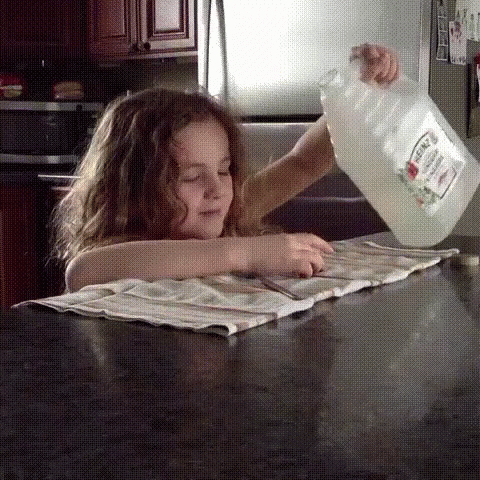
Using Baking Soda and Vinegar for Cleaning Purposes
Baking soda and vinegar can be used to clean toilet bowls, sinks, and drains.
A mixture of baking soda and vinegar can help remove stains, soap scum, and odors without the use of harsh chemicals.
Sprinkle baking soda on the surface, add a few drops of vinegar, and scrub with a brush.
Rinse with hot water to remove any residue.
Avoid Excessive Use
While baking soda and vinegar are generally safe for septic systems, it is important to avoid excessive use.
Overusing these natural cleaners can potentially disrupt the balance of beneficial bacteria in your septic tank, leading to issues with the decomposition process.
Use baking soda and vinegar in moderation, and consider alternative natural cleaners for regular maintenance.
Regular Maintenance of Septic Systems
Regular maintenance is key to ensuring the proper functioning of your septic system.
This includes regular pumping, avoiding the use of harsh chemicals, and using natural cleaners in moderation.
It is also advisable to consult a septic system professional for regular inspections and maintenance to prevent any potential issues.
Environmentally Safe Cleaning Alternatives
In addition to baking soda and vinegar, there are other environmentally safe cleaning alternatives for septic systems.
Natural ingredients like lemon juice, essential oils, and biodegradable soaps can effectively clean surfaces without harming your septic system.
These alternatives can help maintain the balance of beneficial bacteria and ensure the proper functioning of your septic tank.
Consulting a Septic System Professional
If you have concerns about the safety of using baking soda and vinegar in your septic system, it is advisable to consult a septic system professional.
They can provide expert advice on the best cleaning practices and help you maintain a healthy septic system.
Regular inspections and maintenance by a professional can also prevent potential issues and ensure the longevity of your septic system.

FAQs
1. Can baking soda and vinegar harm my septic system?
Baking soda and vinegar are generally safe for septic systems when used in small quantities.
Still, excessive use can potentially disrupt the balance of beneficial bacteria in your septic tank.
2. How often should I use baking soda and vinegar in my septic system?
It is advisable to use baking soda and vinegar in moderation for cleaning purposes.
Regular use in small quantities is generally safe, but avoid excessive use to prevent potential harm to your septic system.
3. What are some alternative natural cleaners for septic systems?
In addition to baking soda and vinegar, natural ingredients like lemon juice, essential oils, and biodegradable soaps can be used as environmentally safe cleaning alternatives for septic systems.
These alternatives can help maintain the balance of beneficial bacteria and ensure the proper functioning of your septic tank.
Until Next Time...
Baking soda and vinegar can indeed be safe for your septic system when used in moderation.
They offer a natural, eco-friendly way to clean and maintain your home without harming your septic tank.
However, it's always wise to use these household staples sparingly and complement them with other septic-safe practices to ensure your system runs smoothly for years to come.
Remember, a little goes a long way; your septic system will thank you for it!
Thanks for stopping by,
MommaPuff






